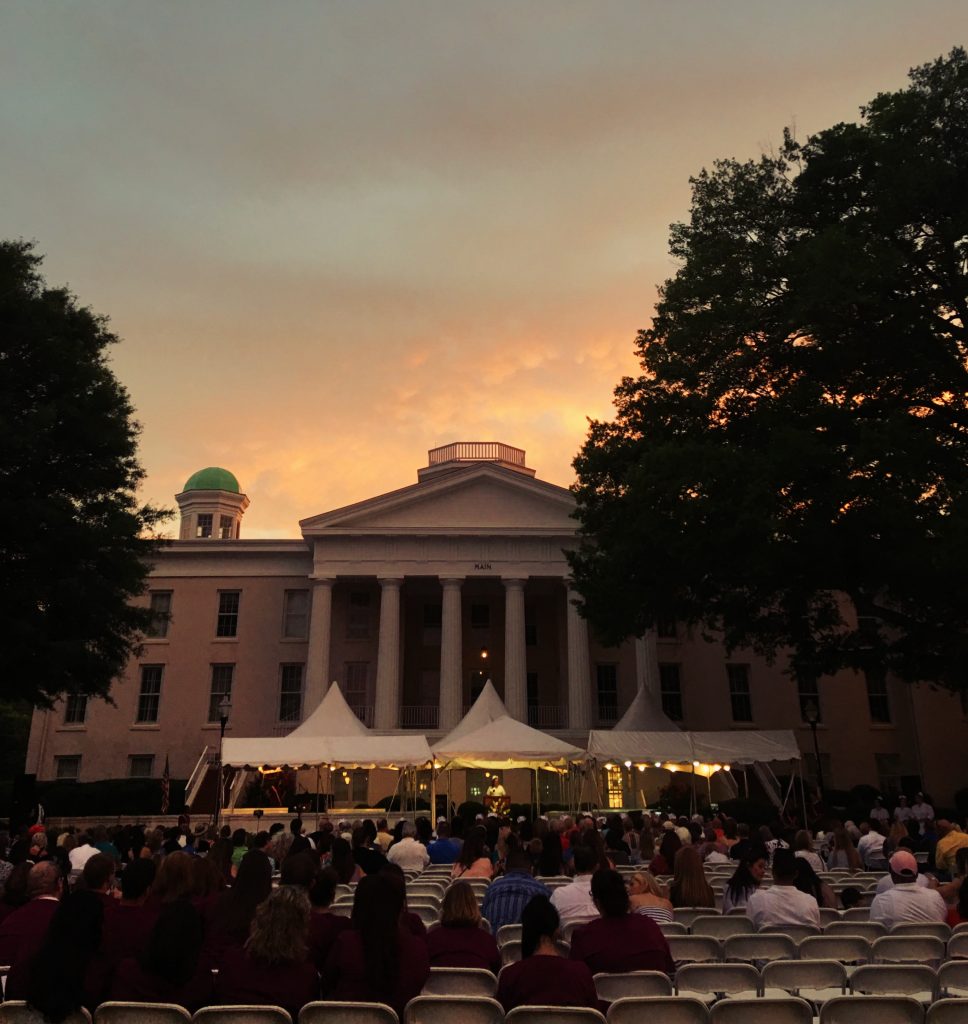
The complexities of higher ed finance make it surprising to realize a college endowment with millions–or billions–in the bank can’t use those dollars for just anything.
There’s a new and frequently occurring question these days around higher education’s response to COVID-19: Why are colleges and universities laying off employees and cutting faculty when they have millions (or billions) of dollars in their endowments?
The question itself is rational enough. It seems unjust that Harvard cannot muster the budget to pay its dining services workers when it has $40 billion in the bank.
However, the vast majority of American colleges and universities — and let’s make sure we include community colleges in this conversation — are not Harvard. Not even close. According to a 2014 ACE report, slightly over half of four- and two-year non-profit colleges and universities even have an endowment, with a median endowment value of $7.9 million.


